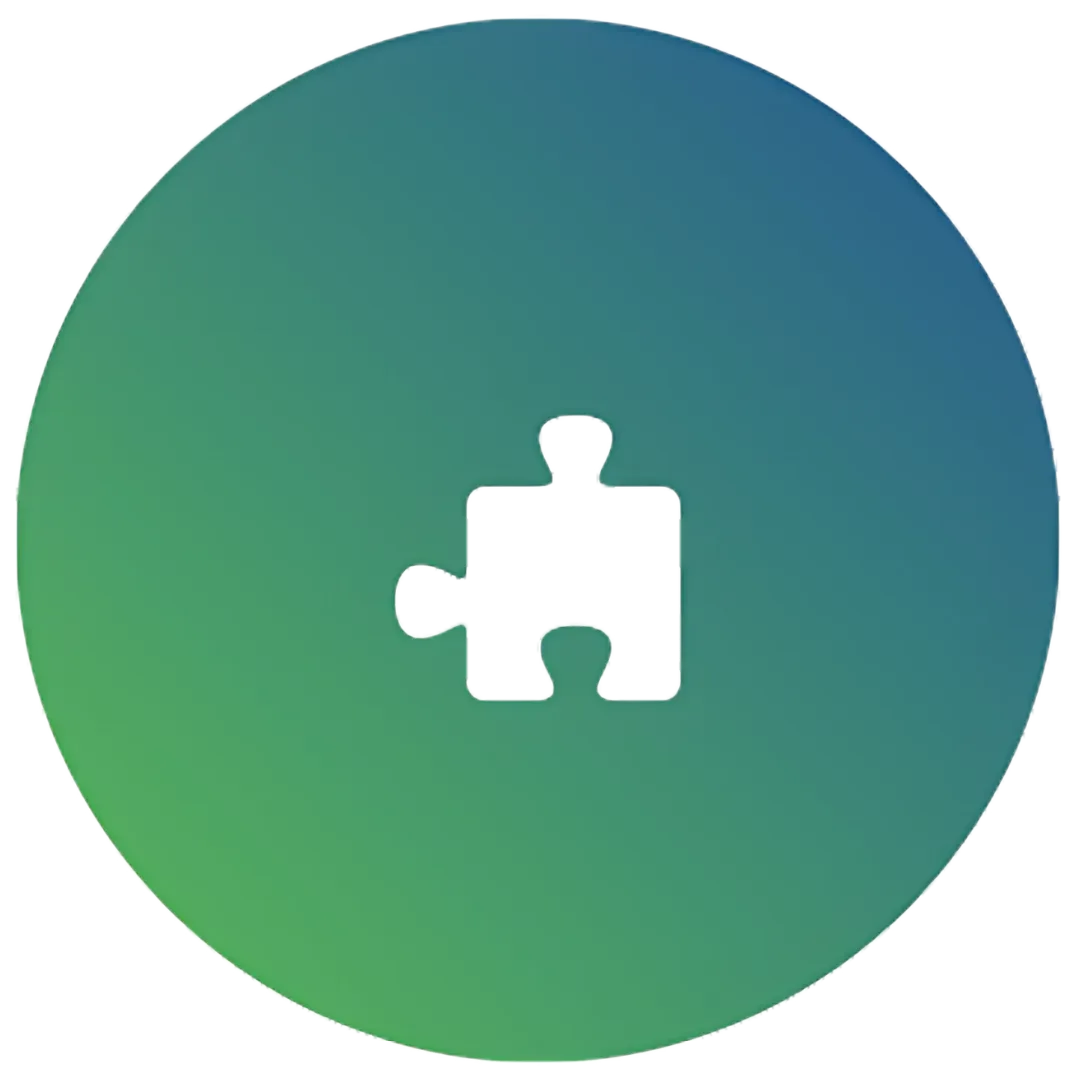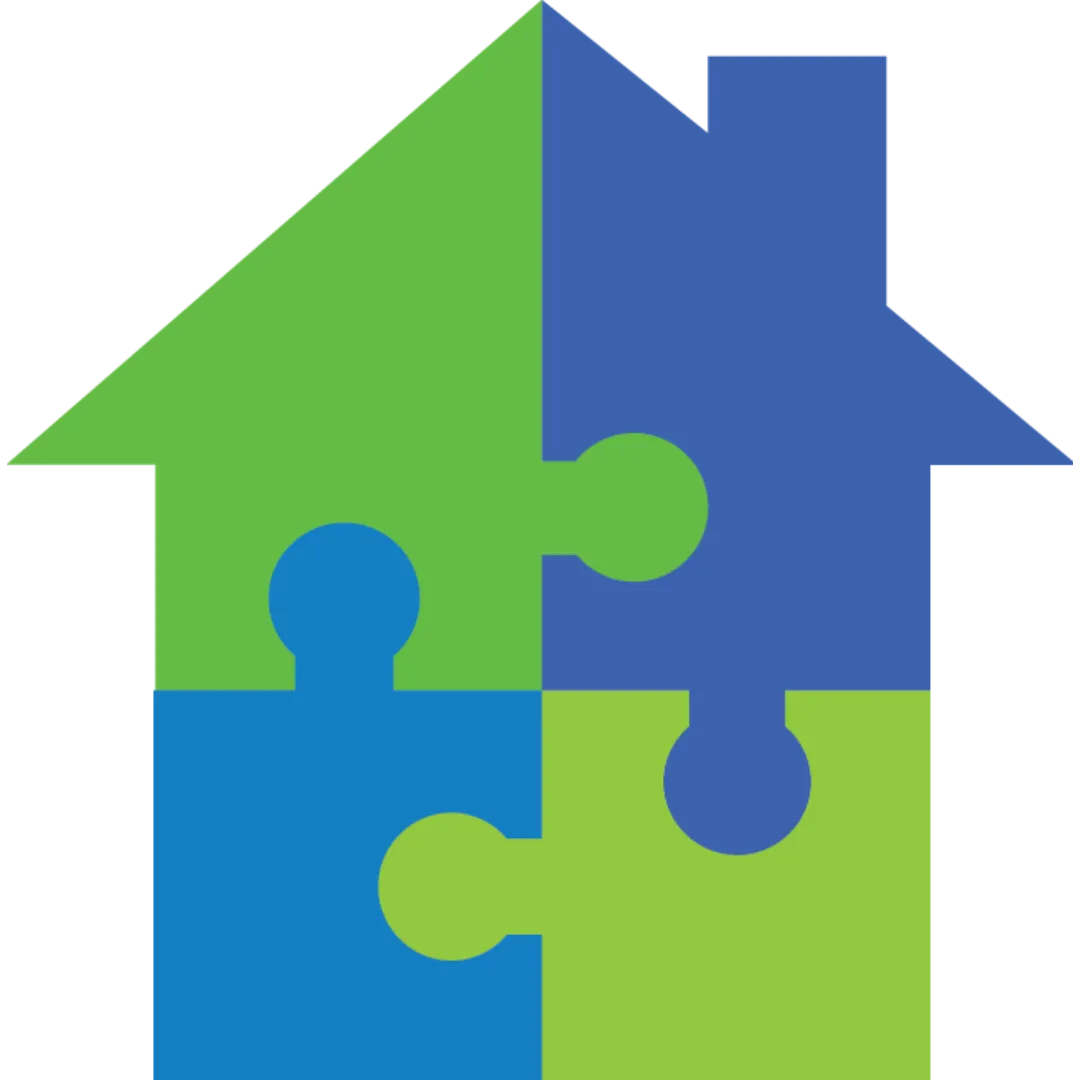Neurodevelopment Assessment Clinic


Our Clinic
At the Neurodevelopment Assessment Clinic (NDAC), we welcome children, teens and young adults with known or suspected autism spectrum disorders or autistic learning styles. Our approach is multi-disciplinary and multi-method, and adheres to best-practice assessment procedures. We provide not only a diagnosis, but also comprehensive treatment plans and recommendations for services.
The NDAC Model
We begin each assessment by asking what you hope to learn, and focus our assessment on your specific goals.
We work with you to establish your family’s narrative, gathering a diagnostic history and also examining school records, testing records, and videos.
We use standardized psychological measures along with play sessions and informal interviews to get to know your family.
NDAC Assessments
Diagnostic Assessment
We use autism-specific assessment (ADOS) and cognitive, language and adaptive behavior functioning to reach a DSM-5-TR diagnosis
Our diagnostic reports focus on recommendations for specific treatment strategies, behavior and teaching methods and motivators—as well as the usual recommendations for hours and types of services
Differential Diagnostic Assessment
If it’s not an autism spectrum disorder, what is it?
Is it an autism spectrum disorder plus something else?
How should treatment be modified for multiple diagnoses?
Learning Assessments
How do you, or your child, learn and what barriers must be overcome for them to learn better?
What evidence-based treatments are available to help you, or your child, learn and find fulfillment?
Diagnostic Re-Assessment
Diagnoses change as youth grow.
Diagnosis is a ‘short-hand’ for treatment needs so re-assessment can help re-focus treatment plans.
Parents can self-refer for an NDAC assessment. We also welcome referrals from medical and education colleagues. Assessment follows clinical guidelines in California SB946 for medically-necessary, evidence-based diagnostic evaluation.Contact our Clinic Coordinator by phone at 415-391-3417 or via email at
[email protected].
Intensive one-day diagnostic assessment for autism and related disorders.
Diagnostic assessment for toddlers, preschoolers, and school-aged children to assess for signs of an autism spectrum disorder (ASD).
Children under 3 will be qualified by NDAC for medically-necessary intensive early education services such as Applied Behavior Analysis (ABA), speech therapy or parent training. Children over 3 will be for special education and extra-curricular therapies.
All families are given specific strategies for helping their children with their identified difficulties in daily living skills and learning.
Children assessed for ASD, but not meeting criteria for ASD are screened forrelated concerns such as attention deficit disorder (ADHD), language disorders, anxiety disorders, learning disabilities, or intellectual disability.
How An NDAC Assessment Works
Parents undergo a 1 to 1-1/2 hour telephone developmental history of their child to identify each family’s unique concerns. That prepares us to tailor the child assessment to get to diagnosis as well as treatment strategies.
On the day of NDAC assessment the child is directly assessed for autism symptoms, and any difficulties in behavior, daily living, or intellectual capacity that need to be part of our autism treatment plans.
On the day of NDAC assessment, families meet with the clinicians involved in their child’s assessment to learn if the child has autism, why that was concluded (or not), and to answer any questions about what a diagnosis of autism may mean for their child’s needed treatments and further development.
Written reporting on NDAC’s assessment:
Each family receives a ‘Day of Letter’ (an after-visit summary) to enable parents and referring providers to apply for medically and educationally necessary treatments such as applied behavior analysis (ABA) or special education IEP the day after their NDAC visit.
The ‘Day Of’ letter is followed in 6-8 weeks by a longer report that documents the child’s abilities and symptoms at the time of ACNC visit, including diagnostic and cognitive testing results and recommendations for services and specific behavioral strategies. This document becomes a baseline of the child’s abilities and difficulties that, over time, helps identify progress and further treatment needs.
Children first seen under age 5 or 6 are invited to follow-up visits as response to intervention in earliest treatments provides us milestones to precisely tailor further treatment.

CONTACT US
870 Market Street, Suite 401
San Francisco, CA 94102
Telephone: 415-391-3417
Fax: 866-656-5932
Email: [email protected]
OUR PROGRAMS
Neurodevelopment Assessment




